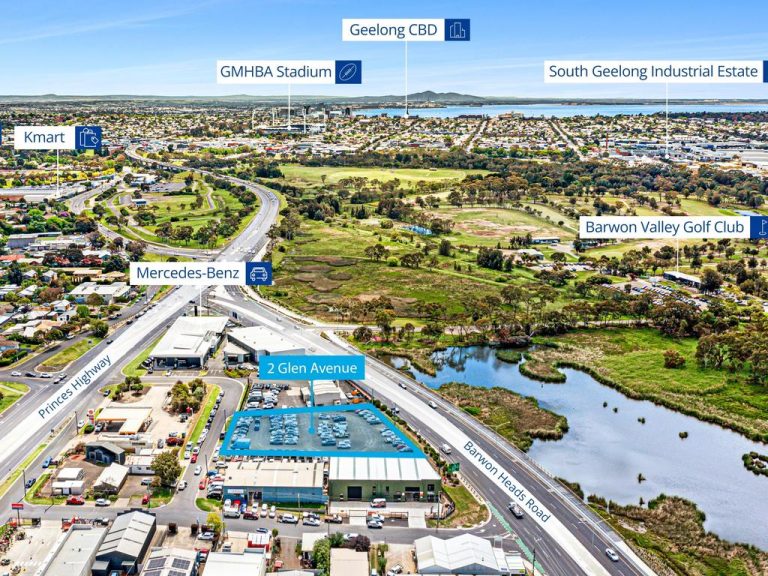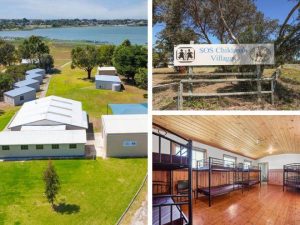Australian backlash forces Chinese into US market

An Australian backlash against Chinese property investors in the residential sector has driven some to look to the more open US real estate market, according to a study by the Asia Society and Rosen Consulting Group.
Chinese investors have dramatically lifted their purchases of residential properties in the US from $15.45 billion in 2010 to $39.2 billion last year.
The report examined how Chinese buying in Vancouver, Canada, and in Sydney and Melbourne had sparked “intense public outcry” because of concerns about “speculative real estate investment … that is contributing to bubble-like conditions of inflated home prices and pricing out many local residents”.
The number of investment approvals granted over the past three years to Chinese groups has jumped by 416%
Making it more difficult for Chinese to obtain loans from Australian banks and new Australian regulations had resulted in some switching to the US.
The report predicts a slowing of China’s investment in overseas property.
“We believe China’s economic turbulence will create a short-term speed bump for real estate investment overseas,” it states.
The study also predicts a period of increased capital controls – either formally through policy announcements or informally through administrative processing — until the Chinese currency is realigned.
These concerns, however, are unlikely to spill more widely into the local real estate market, with key executives arguing that any restrictions were instead likely to amount to a regulation of capital inflows into Australia, rather than them drying up.
This is a good indication that the Australian government is quite supportive of Chinese capital entering and making investments in Australia
Cushman and Wakefield head of capital markets for Australia and New Zealand, James Quigley, who specialises in commercial property, points to a new wave of Chinese investors that are undeterred by such measures.
He cites moves by large Chinese institutions, including insurance and asset management companies, as well as high-profile developers who dominated initial investing. Their activities will be supported by lesser known, small to mid-cap companies and developers, private equity funds and wealthy individuals, he says.
Despite the furore about the potential sale of the S. Kidman cattle station empire to Chinese interests, Quigley notes the number of investment approvals granted over the past three years to Chinese groups has jumped by 416%.
“This is a good indication that the Australian government is quite supportive of Chinese capital entering and making investments in Australia,” he says.
This article originally appeared on www.theaustralian.com.au/property.







